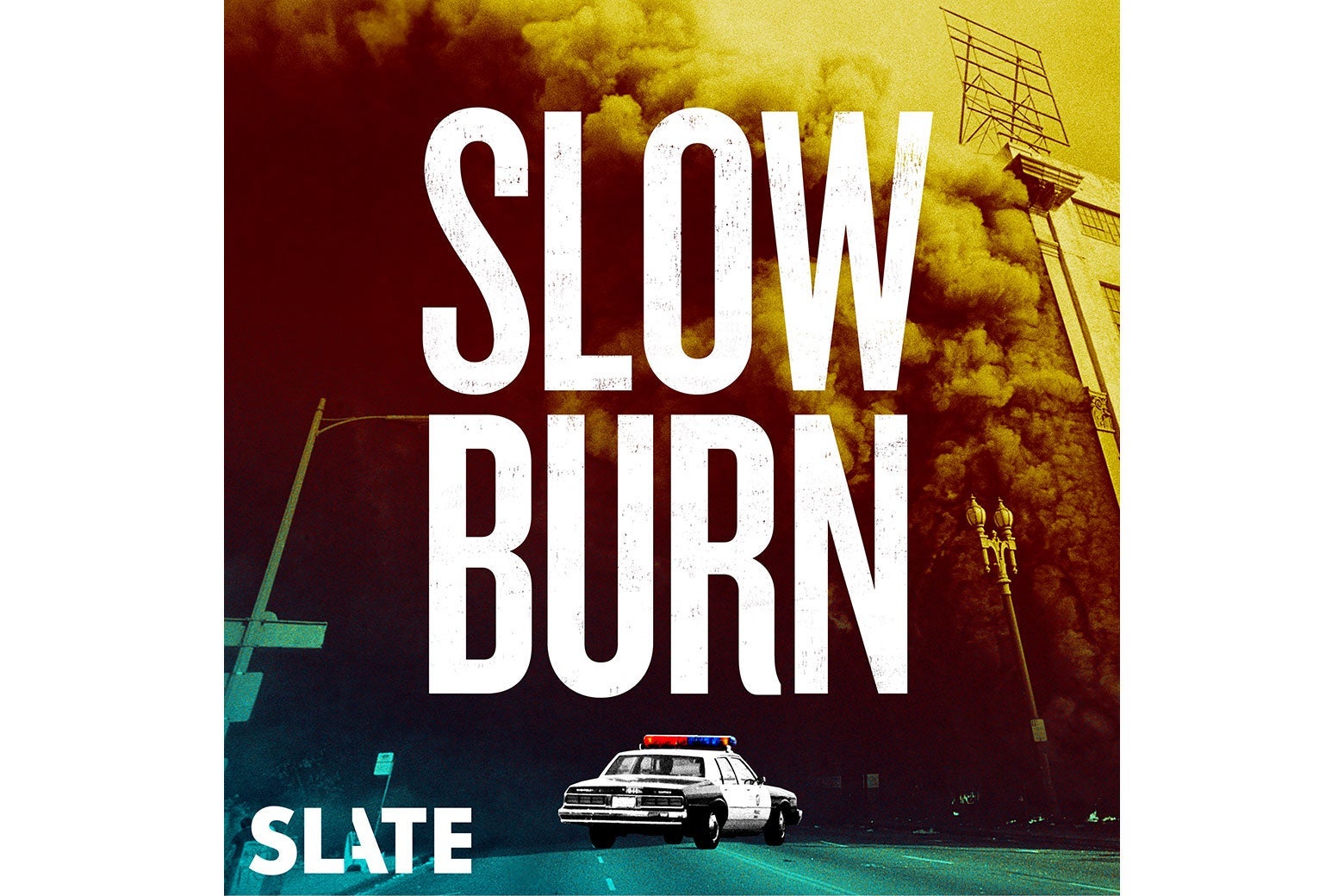Основные понятия
The author explores the multifaceted reasons behind the 1992 Los Angeles riots, including anger towards law enforcement, poverty, and opportunistic looting.
Аннотация
The 1992 Los Angeles riots were a result of various factors, including frustration with the police and justice system, poverty in a wealthy city, and opportunities for looting during law enforcement chaos. The unrest led to significant destruction and loss of life in the city.
Charting the Days of Chaos in L.A.
Статистика
"51% of Riot Arrests Were Latino, Study Says," Los Angeles Times, June 18, 1992.
Цитаты
"Looting and Fires Ravage L.A.," Los Angeles Times, May 1, 1992.
"Black-Korean Hostility Fueled Flames of Riot," Chicago Tribune, May 8, 1992.

Дополнительные вопросы
What role did media coverage play in shaping public perception of the events during the LA riots
Media coverage played a significant role in shaping public perception during the LA riots. The images and stories broadcasted by news outlets influenced how people understood and interpreted the events unfolding in Los Angeles. For example, sensationalized reporting of looting and violence may have perpetuated negative stereotypes about certain communities involved in the riots, leading to further stigmatization. Additionally, biased or incomplete reporting could have skewed public opinion on the underlying causes of the unrest, such as police brutality and systemic racism. Overall, media coverage had the power to either amplify or mitigate tensions during the LA riots by framing narratives that shaped how different groups were perceived by society.
How did the tensions between different ethnic groups contribute to the escalation of violence during the riots
The tensions between different ethnic groups played a significant role in escalating violence during the LA riots. Historical animosities and socioeconomic disparities fueled mistrust and resentment among communities, which were exacerbated by incidents like Rodney King's beating and subsequent acquittal of officers involved. The Black-Korean conflict was particularly notable, with longstanding grievances over economic competition and cultural misunderstandings coming to a head during this period. These intergroup tensions led to targeted attacks on businesses owned by Korean Americans in Koreatown, further intensifying hostilities between communities. As a result, clashes between various ethnic groups contributed to an atmosphere of chaos and conflict that escalated violence throughout Los Angeles.
How have the aftermath and lessons learned from the LA riots influenced modern approaches to social justice and community policing
The aftermath of the LA riots prompted reflection on systemic issues related to social justice and community policing practices. The widespread destruction highlighted deep-rooted inequalities within society that needed addressing through policy changes and community engagement initiatives. In response to these events, there has been increased emphasis on building trust between law enforcement agencies and marginalized communities through transparency, accountability measures like body cameras for officers, implicit bias training programs for police personnel, as well as efforts towards diversifying police forces reflect some key lessons learned from those turbulent times.
0
